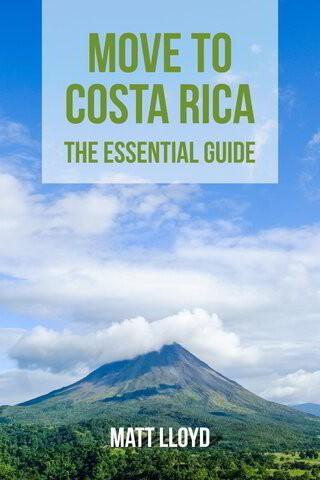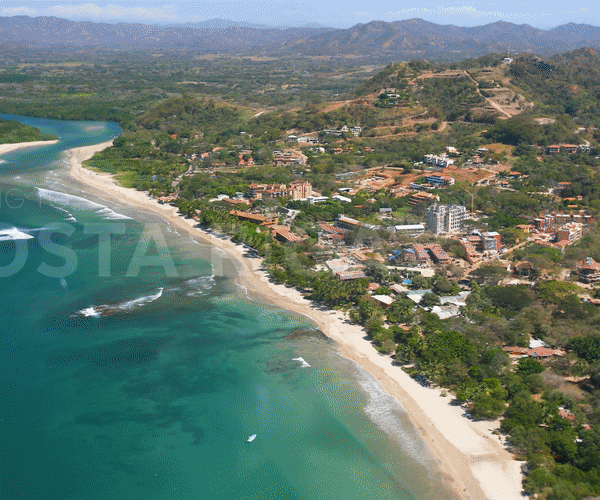Famous for being one of the happiest countries in the world, the inhabitants of Costa Rica are welcoming and friendly, yet sophisticated and proud. Its priorities are made clear with its progressive social and environmental policies.
Costa Rica is a cultural melting pot. It demonstrates native origins and Spanish colonial influence, with a spicy dash of other immigrant cultures like Jamaican and Chinese added to the mix. Spanish is the official language, however, there are also some areas where Bri-Bri, the Caribbean Coast's Mekatelyu creole, and English are spoken. Costa Ricans take great pride in their morals. They provide free healthcare and education to their citizens because they believe in these things. They take great pride in their lengthy track record as a democracy. They are, in reality, the oldest and most enduring democracy in the area. Additionally, they take great pride in their global leadership in developing policies for sustainable environmental protection. The locals go above and beyond to spread their environmental ethos by helping tourists and expats appreciate the natural beauty of their land and wildlife.
Culture of Costa Rica
In terms of culture, Costa Rica is rich in art, food, music, traditions, and much more. It has a lot to offer travellers who like to immerse themselves in the local culture. The country has a rich cultural heritage, and its many styles reflect the diverse origins of its population. It also has many well-known artistic traditions, including one that has been recognised by UNESCO. Several contemporary Costa Rican artists have achieved international recognition in recent years, and their contributions to the arts have far-reaching effects. Additionally, San José is becoming well known for its street art.
Secondly, Costa Rica is located in the heart of Central America, between regions known for their musical inventiveness such as Mexico, Colombia, and the Caribbean. It goes without saying that there is always fantastic music playing on the streets of Costa Rica. Every town in Costa Rica seems to have its own distinct style of traditional music. In village squares all around the country, colourful dances are frequently performed in conjunction with it. One of the country's musical hotspots is the province of Guanacaste, in particular. These can be enjoyed at several events that Costa Rica is famous for.
Last but certainly not least in terms of the culture of Costa Rica is the idea of “Pura Vida”. "Pura Vida" is not only Costa Rica's national motto; it also serves as a shorthand for the country's culture, way of life, and core values. Although its literal translation is "pure life," it has significant significance in Costa Rica. "Pura Vida" has developed into an admirable national emblem. Both natives and expatriates take pride in Costa Rica's commitment to the Pura Vida, or "Good Life." It can be used as a cheer, a greeting, or a farewell, as well as a description or an emphasised assertion. These days, the concept of a pure life is defining some regions and going beyond just a style of living.
The western conceptions of health, happiness, and purity are increasingly permeating Costa Rican culture, and vice versa. Because of this cultural interchange, Costa Ricans now have a distinct identity and perspective on the world.
Customs of Costa Rica
Understanding local customs and etiquette will not only make it easier for you to fit in, but it will also make it easier for you to adjust to your new environment.
Firstly, it's common to give friends and acquaintances a quick kiss on the cheek, or an air kiss with a kissing sound, when saying hello and farewell. Men do not kiss men; instead, they either shake hands or offer each other a one-armed hug. Women kiss women and men kiss women. A firm handshake is the customary greeting in formal or professional contexts.
Secondly, "tico time," or "la hora tica," is a well-known custom among Costa Ricans. When it comes to dinner, appointments, and social gatherings, Costa Ricans frequently arrive late—often by 30 minutes or more—apart from the movies and public health clinic appointments, for which they patiently wait in line for hours. It's wise to adjust your expectations and tell your guests to arrive earlier than you'd like because many Costa Ricans do not consider late arrivals to be impolite and their delay is not intended to offend.
Thirdly, since confrontation and accusations are typically viewed as rude in Costa Rican culture, even when a complaint is justified, it's unusual for a Costa Rican to become angry in public. In fact, civil dissatisfaction is nearly always conveyed through planned, coordinated marches since Costa Ricans are raised to protest in a nonviolent manner. The majority of locals also hesitate to say no, preferring to say "maybe." Remember that saying "maybe" is just the Costa Rican way of trying not to offend a friend; it's not an attempt to deceive or mislead. Try to avoid stirring the pot or becoming offended when a "maybe" turns out to imply no; instead, lower your expectations and consider "puede ser" as a Costa Rican would.
Costa Rica is a cultural melting pot that prides itself on not only being courteous but also environmentally aware. Because of their positioning in the world, they are influenced by many different backgrounds, and it is evident in the way that they live their lives.




